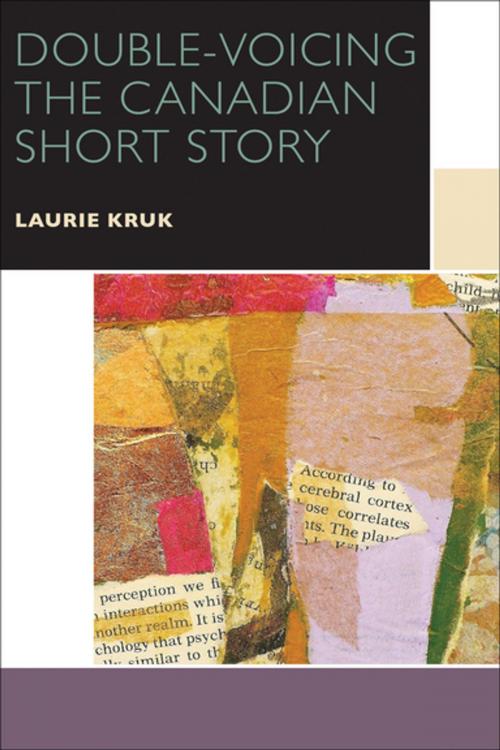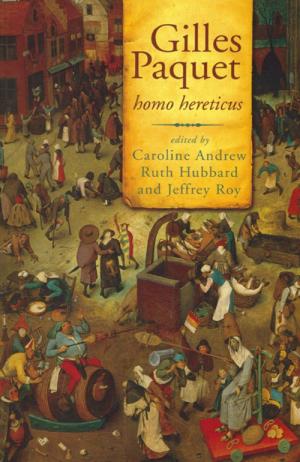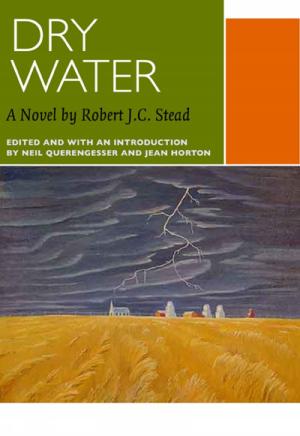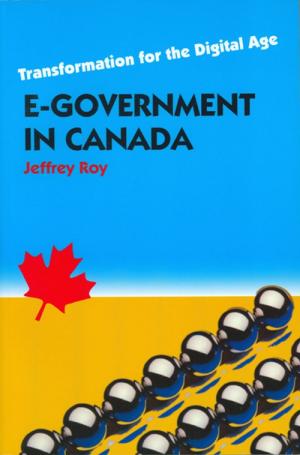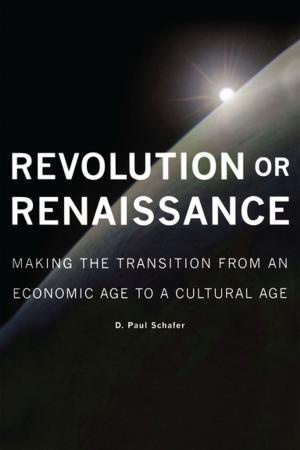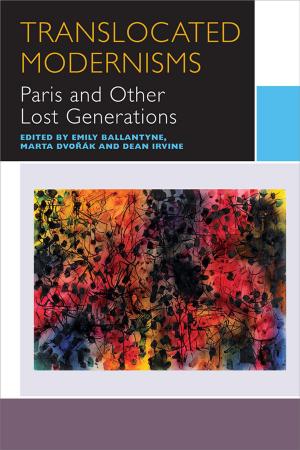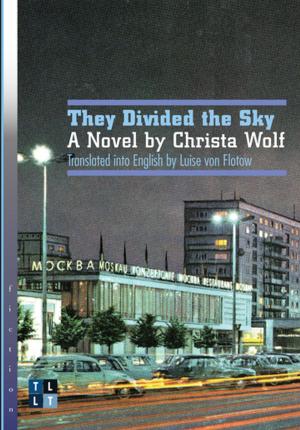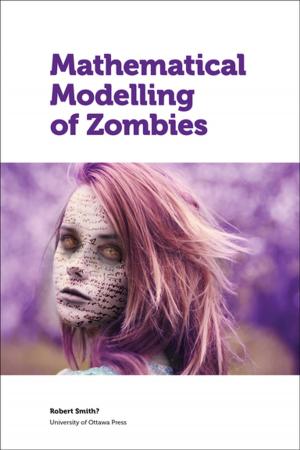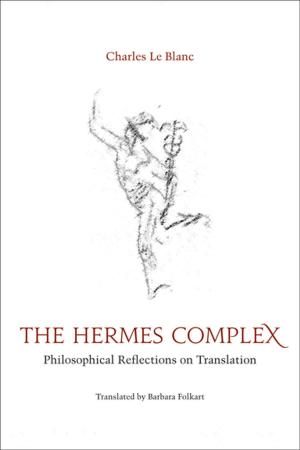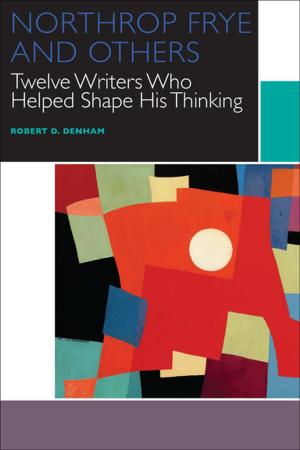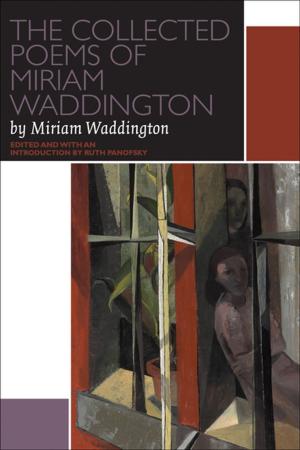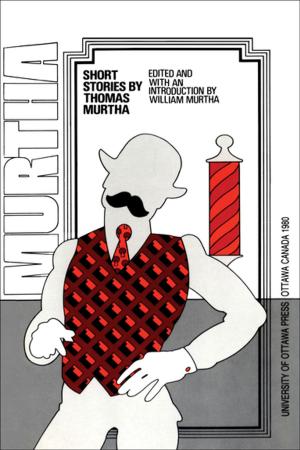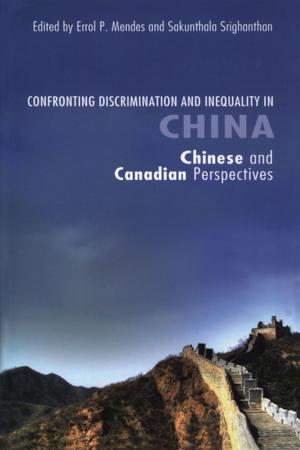| Author: | Laurie Kruk | ISBN: | 9780776623245 |
| Publisher: | University of Ottawa Press | Publication: | May 27, 2016 |
| Imprint: | University of Ottawa Press | Language: | English |
| Author: | Laurie Kruk |
| ISBN: | 9780776623245 |
| Publisher: | University of Ottawa Press |
| Publication: | May 27, 2016 |
| Imprint: | University of Ottawa Press |
| Language: | English |
Double-Voicing the Canadian Short Story is the first comparative study of eight internationally and nationally acclaimed writers of short fiction: Sandra Birdsell, Timothy Findley, Jack Hodgins, Thomas King, Alistair MacLeod, Olive Senior, Carol Shields and Guy Vanderhaeghe. With the 2013 Nobel Prize for Literature going to Alice Munro, the “master of the contemporary short story,” this art form is receiving the recognition that has been its due and—as this book demonstrates—Canadian writers have long excelled in it. From theme to choice of narrative perspective, from emphasis on irony, satire and parody to uncovering the multiple layers that make up contemporary Canadian English, the short story provides a powerful vehicle for a distinctively Canadian “double-voicing”. The stories discussed here are compelling reflections on our most intimate roles and relationships and Kruk offers a thoughtful juxtaposition of themes of gender, mothers and sons, family storytelling, otherness in Canada and the politics of identity to name but a few. As a multi-author study, Double-Voicing the Canadian Short Story is broad in scope and its readings are valuable to Canadian literature as a whole, making the book of interest to students of Canadian literature or the short story, and to readers of both.
Double-Voicing the Canadian Short Story is the first comparative study of eight internationally and nationally acclaimed writers of short fiction: Sandra Birdsell, Timothy Findley, Jack Hodgins, Thomas King, Alistair MacLeod, Olive Senior, Carol Shields and Guy Vanderhaeghe. With the 2013 Nobel Prize for Literature going to Alice Munro, the “master of the contemporary short story,” this art form is receiving the recognition that has been its due and—as this book demonstrates—Canadian writers have long excelled in it. From theme to choice of narrative perspective, from emphasis on irony, satire and parody to uncovering the multiple layers that make up contemporary Canadian English, the short story provides a powerful vehicle for a distinctively Canadian “double-voicing”. The stories discussed here are compelling reflections on our most intimate roles and relationships and Kruk offers a thoughtful juxtaposition of themes of gender, mothers and sons, family storytelling, otherness in Canada and the politics of identity to name but a few. As a multi-author study, Double-Voicing the Canadian Short Story is broad in scope and its readings are valuable to Canadian literature as a whole, making the book of interest to students of Canadian literature or the short story, and to readers of both.
